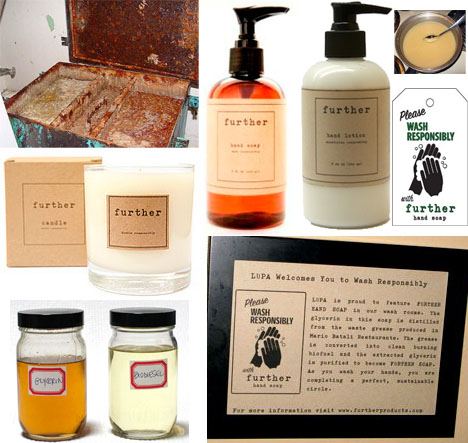Want a glimpse into the culinary leanings of the typical American citizen? Fat is where it’s at. Visiting practically any fast food joint dotting our landscape is the obvious choice for a crash course in battered and deep-fried eats, or simply just attend a state fair, where menu items such as spaghetti and meatballs, butter, Twinkies, bacon, Coca-Cola, pickles and cookie dough are deemed positively naked without a final dip in a crispy, cholesterol-clogging exterior.
In a country where McDonald’s serves up roughly 3 billion orders of French fries every year, one thing is certain: Food establishments from coast to coast have a seemingly endless supply of spent cooking grease. Rather than illicitly dumping the solidified goo, as was the case just a decade ago, it is now a mainstream practice to pour the remaining kitchen oil into on-site collection bins that “grease ninjas” such as Clean Earth and Capital Biofuel, among many others, then pick up at no cost (or even compensate restaurateurs for).
